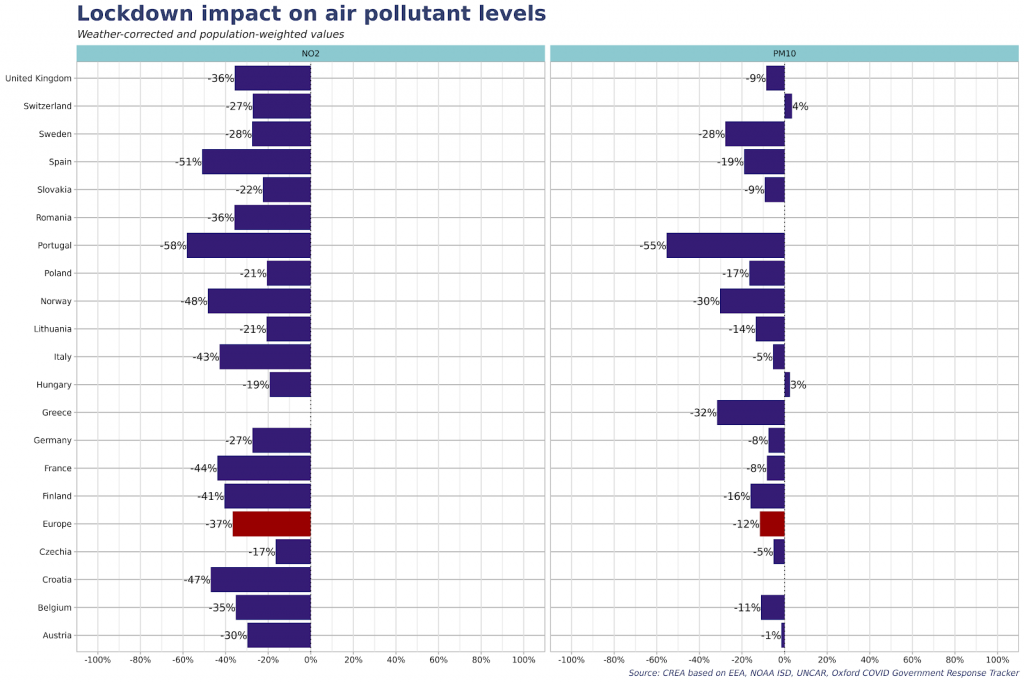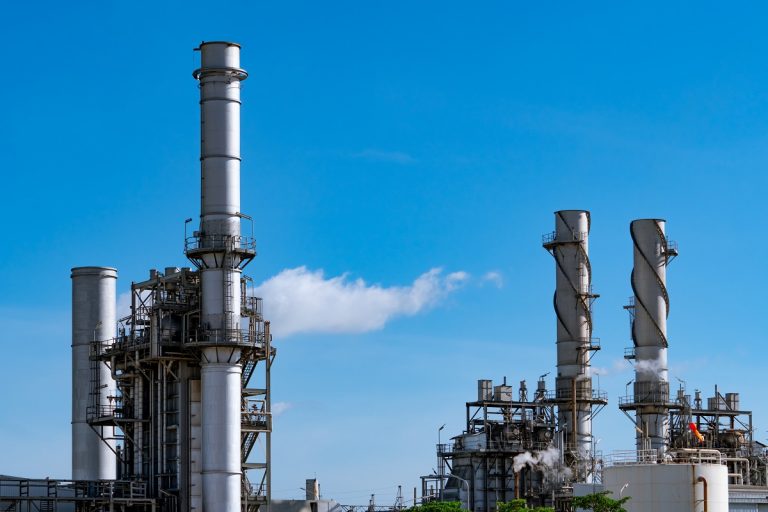Measures imposed in European countries to control the spread of coronavirus have indirectly saved the lives of over 11,300 people who would normally have died due to air pollution. The quality of the air we breathe in Europe has improved sharply in recent weeks and months, according to a study by the Helsinki Centre for Research on Energy and Clean Air (CREA) published last week. Photo credit: Freepik / For illustrative purposes.
Czech Rep., May 5 (BD) – Power generation from coal has fallen by nearly 40% and oil consumption by around a third. Coal and oil burning are the main sources of NO2 pollution and key sources of particulate matter pollution in Europe.
CREA’s findings suggest that the same measures that have jeopardized European economies in order to halt the spread of the coronavirus have also led to a reduction of around 40% in the average level of nitrogen dioxide (NO2) pollution and a 10% reduction in the average level of particulate matter pollution over the past 30 days, resulting in 11,000 fewer deaths from air pollution. According to CREA, there is a 95% confidence interval: 7,000 – 21,000.
“It could be compared to all the people in Europe quitting smoking for a month,” said Lauri Myllyvirt, chief analyst at the study, quoted by Reuters.

CREA listed further avoided and mitigated health impacts, including 1.3 million fewer days of work absence, 6,000 fewer new cases of asthma in children, 1,900 fewer emergency room visits due to asthma attacks and 600 fewer preterm births. “Most of these health impacts are linked to chronic air pollution exposure and will be realized over coming months and years,” said the study. “Literature also indicates that current air pollution levels, which remain dangerous in much of the world despite reductions caused by measures to control the virus, are likely contributing to the number of severe cases and deaths from COVID-19.”
CREA is an independent research centre focused on investigating trends, causes, health impacts and possible solutions to air pollution.








